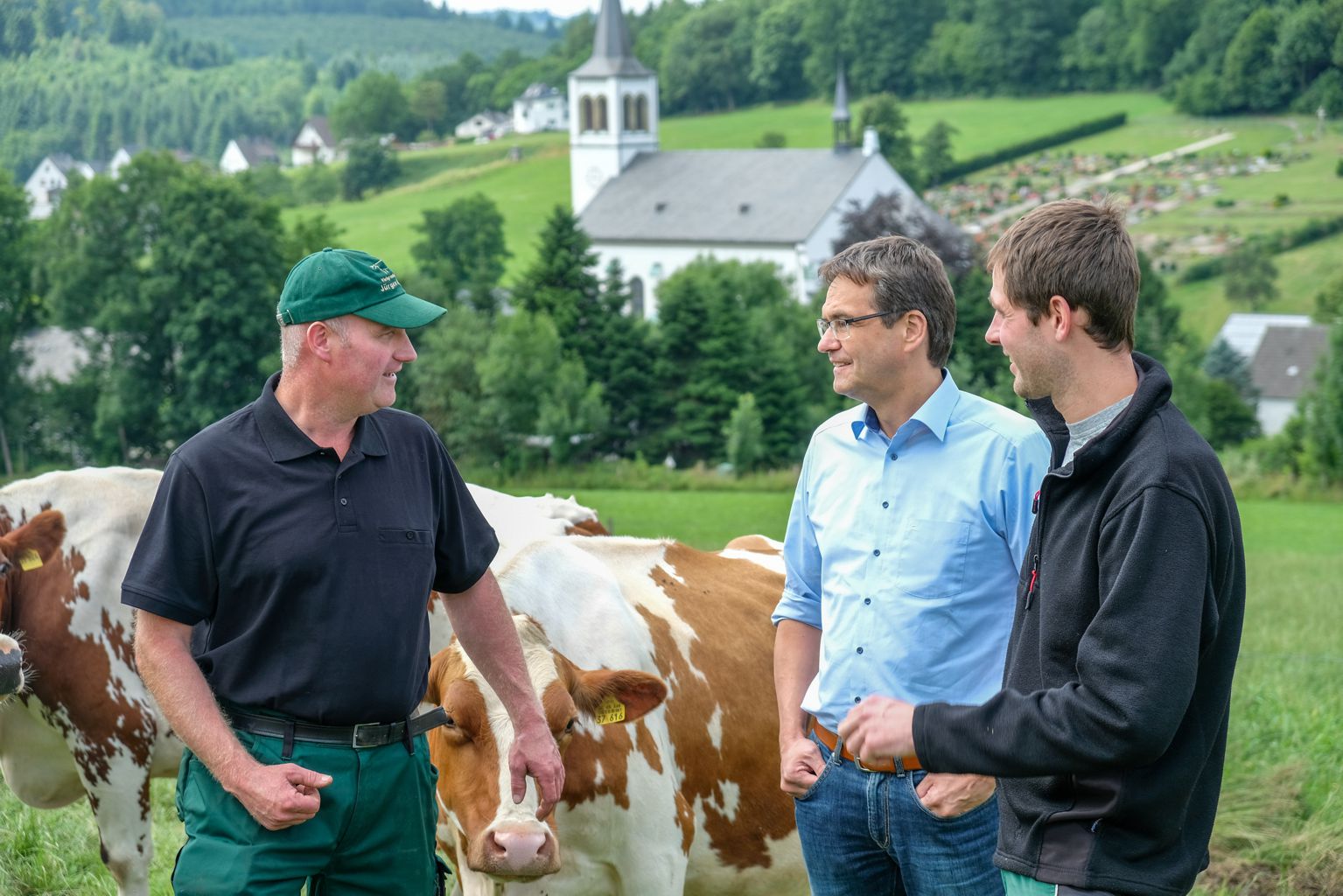Majority weakens European Commission proposal on industrial emissions
Peter Liese: We need to focus on decarbonization / You cannot solve all environmental problems at once
"This is a turning point in the European Parliament's ENVI Committee. For the first time, the ENVI Committee has substantially weakened a European Commission proposal in all relevant points," commented the environmental policy spokesperson of the largest group in the European Parliament (EPP-Christian Democrats), Peter Liese, regarding the vote on the Commission's proposal on the Industrial Emissions Directive.
With the Industrial Emissions Directive, industrial plants' pollutants such as nitrogen oxides and methane have been controlled and reduced for many years. The Commission had now proposed to intensify this legislation. Specifically, the new introduction of stricter farming requirements was met with criticism. The Commission had proposed that the provisions for agriculture should now apply from a fixed number of 150 animals instead of being dependent on the farm type. The ENVI Committee has now passed by a majority the compromise motion for a more flexible upper limit for livestock units (LSU) of 300 cattle, 200 pigs and poultry, and an exemption for extensive livestock farming.
The requirements for the industry have also been mitigated. For example, the strict reversal of the burden of proof, which the Commission proposal provided for, has now been dropped. In addition, the preparation of indicative transformation plans will now no longer be obligatory for each individual industrial plant but will only take place at the company level. This significantly reduces the bureaucratic burden. In addition, a fast-track procedure for approving emerging technologies is now provided.
Radan Kanev, MEP, the EP's chief negotiator on Industry Emissions Directive explains: "If we want the Green Deal to work in practice, we must turn it into an opportunity for citizens and industry. This must go hand-in-hand. We want less pollution in combination with more innovation – it is what will make European industry more competitive. Only through creating new opportunities will we make Europe a technological pioneer. In doing so, it is also crucial we do not put more bureaucratic burden on farmers. With the law proposal on table the EPP Group shows that environment protection does not have to come with more of hindering red tape."
"I firmly support that we continue to decarbonize industry, and we have already made huge steps with emissions trading and other elements of the "Fit for 55" package. This is challenging for SMEs and farmers, and I believe, like French President Macron, that we need to be cautious about imposing further requirements. You cannot implement everything the Greens wanted for years, certainly not in the next two years. There are conflicting goals between reducing CO2 and reducing other pollutants, and these conflicting goals must be decided in favor of decarbonization. The decision of the ENVI Committee is a step in the right direction. Still, I am sure we can and must achieve further improvements for farmers and medium-sized companies in the plenary session," Liese.


